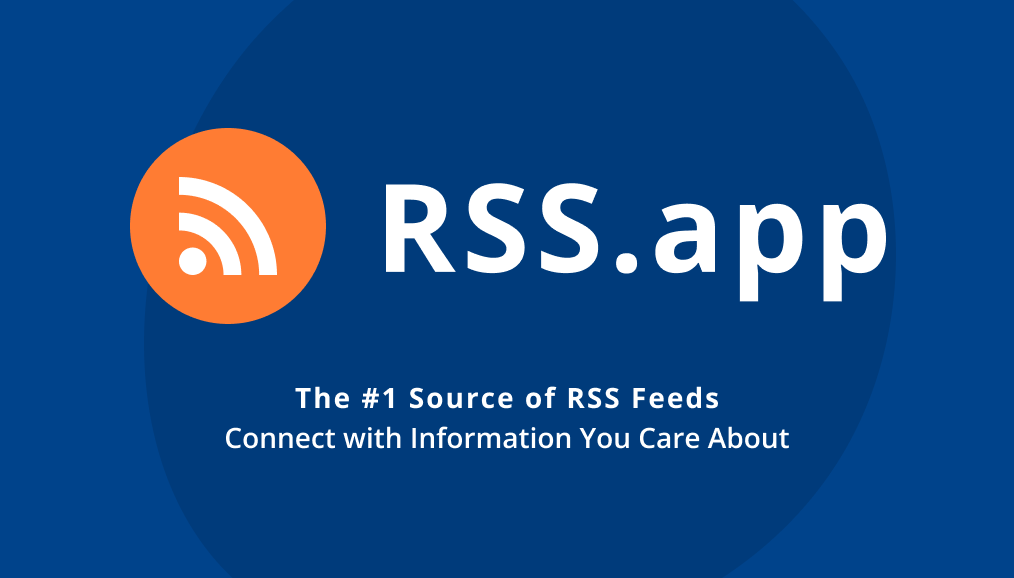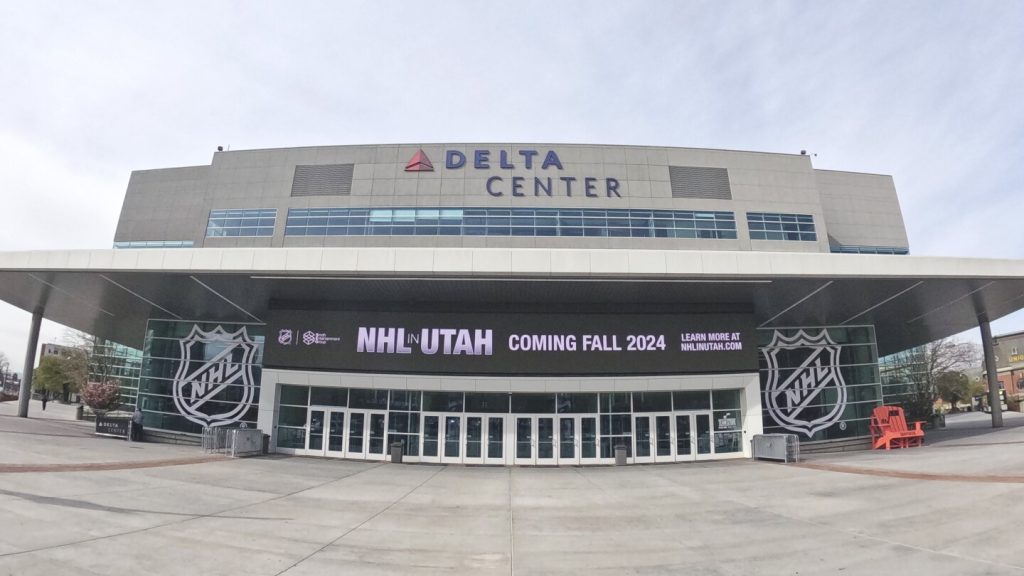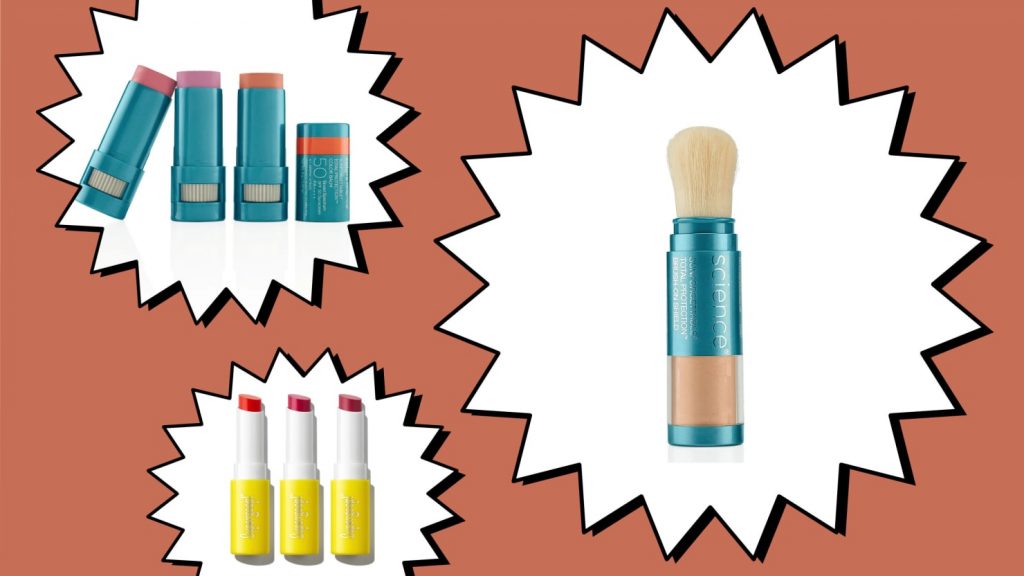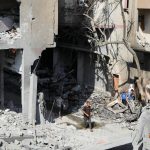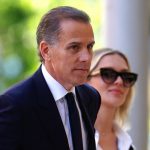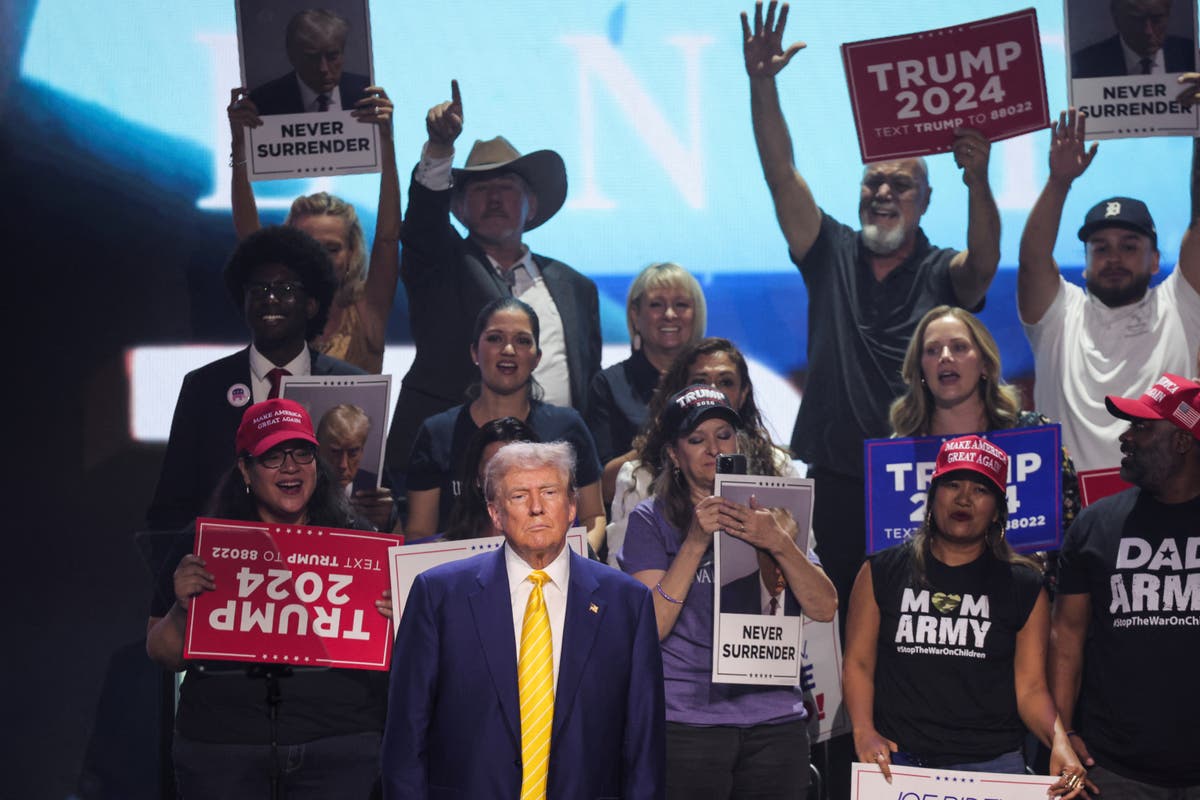Iran election: Mostly hardline candidates approved for next presidential vote
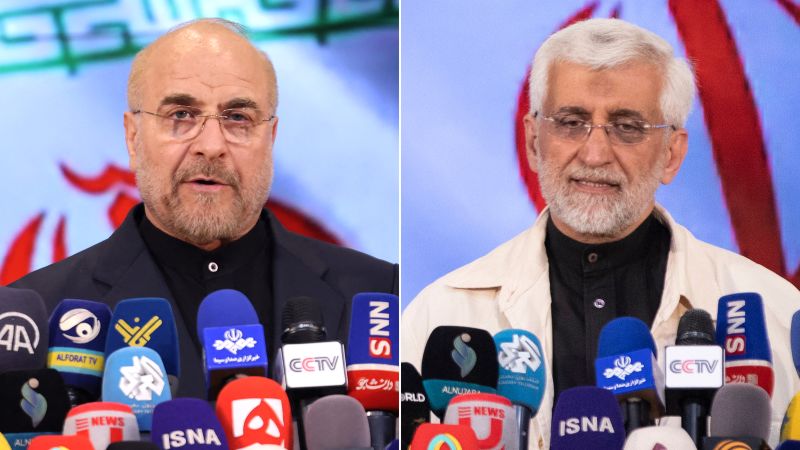
CNN
—
The Iranian election committee has approved a slate of mostly hardline candidates to run in the presidential election on June 28, following the helicopter crash that killed President Ebrahim Raisi and other officials last month.
Out of 80 initial candidates, only six individuals were approved in a vetting process by Iran’s Guardian Council, a powerful 12-member body charged with overseeing elections and legislation. There were four women on the longer list and none was approved.
The slate includes hardline parliament speaker and former Revolutionary Guards commander Mohammad Baqer Qalibaf and Saeed Jalili, ex-chief nuclear negotiator and former head of the Supreme National Security Council, Iran’s top security body.
Competition is expected to be fierce between Qalibaf and Jalili, both of whom backed Raisi in the 2021 presidential election.
“(Qalibaf) and Jalili are on competing conservative poles and are unlikely to withdraw in favor of the other,” wrote Sina Toossi, a DC-based Iran analyst and senior fellow at the Center for International Policy, in a post on X.
The list also includes Amir Hossein Ghazizadeh Hashemi, Alireza Zakani, and Mostafa Pour Mohammad, all of whom are also hardliners.
The Guardian Council has, however, also approved Masoud Pezeshkian, a reformist lawmaker who served as parliament deputy speaker from 2016 to 2020.
Pezeshkian is expected to have a slim chance in the race. On Sunday, reformist newspaper Shargh Daily posted a photo of the six candidates with the caption, “One against five.”
During the Mahsa Amini protests in September 2022, Pezeshkian said in an interview, “It is our fault. We want to implement religious faith through the use of force. This is scientifically impossible.”
However, “if the conservative vote is split, Pezeshkian could secure over 50% of the vote and win in the first round,” said Toossi, adding that the outcome nonetheless “hinges on the turnout of the traditional reformist base, which has boycotted the past several elections.”
Notably absent from the list of approved candidates are two-term president Mahmoud Ahmadinejad and former parliament speaker Ali Larijani. Both men were also previously disbarred by the Guardian Council.
Raisi’s death and the nearing vote come at a delicate time for a country facing unprecedented challenges at home and from abroad. The Islamic Republic’s economy remains crippled by American sanctions, its young population is becoming growingly restive, and the nation faces increasingly belligerent adversaries in the Middle East and beyond.
The June 28 poll also comes amid dwindling trust in the establishment, leading to plummeting electoral turnouts in a country that has traditionally boasted exceptionally high voter participation. In the parliamentary and Assembly of Experts elections that took place in March, Iran recorded its lowest turnout since the Islamic Republic’s founding in 1979, despite government efforts to rally voters ahead of the ballot.




